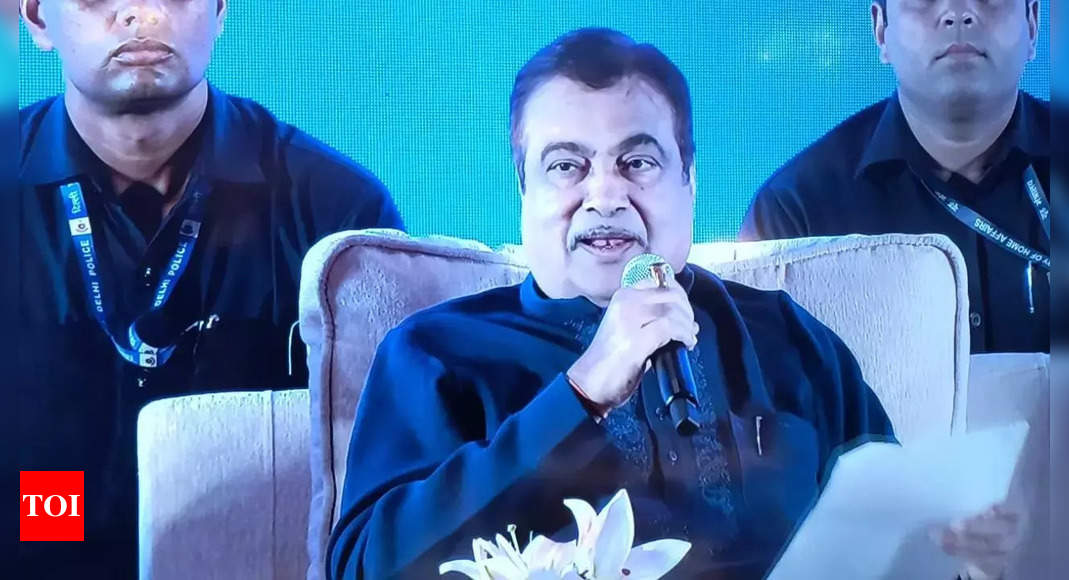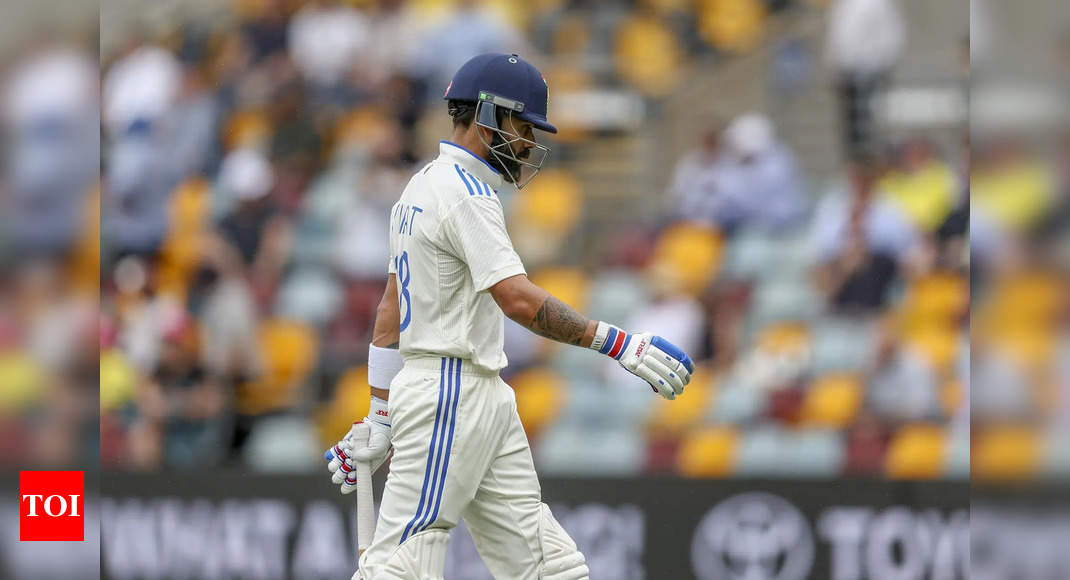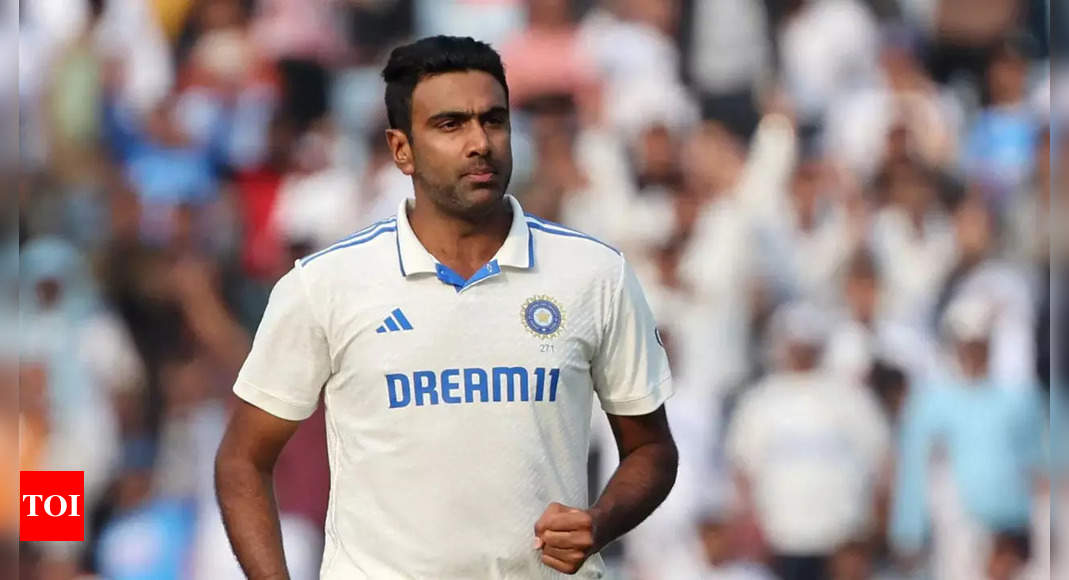
Speaking at the annual session of auto component industry body ACMA, the Minister also said that he is not averse to the sale of petrol and diesel cars – much against his public statements earlier – but rather wants the consumers to choose a fuel type of their choice.
“I am not against petrol and diesel. Sometimes, my statements are unnecessarily misinterpreted,” he said, while adding that his only concern with internal combustion engine (ICE) vehicles is around the exchequer’s huge fuel import bill which has ballooned to nearly Rs 22 lakh crore and the growing pollution across many cities. “Is this not a challenge?”
On electric vehicles, the minister said that the cost for manufacturing them has been coming down as the battery prices have been falling. “The price of lithium-ion battery was $150 per kilowatt-hour (kWh) earlier. Now, it has come down to $108-110. I am confident this will further come down to $100, also because their manufacturing has also increased.”
This, he said, will mean companies can maintain their costs even without a subsidy as their cost of production is coming down. “And I feel that within two years, the cost of a petrol or a diesel vehicle will be the same as an EV. So, they don’t need subsidy as already there is a saving on electric as a fuel (for the consumers). But still, if the Finance Minister and the Minister of Heavy Industries want to give a subsidy which will be beneficial (for EVs), I don’t have problem. I will not oppose.”
Electric vehicles currently attract a flat GST rate of 5%, while on petrol and diesel vehicles, the tax rate is 28% for smaller vehicles, and this goes up to over 48% for larger vehicles.
When asked whether he is concerned about the slowdown in sale of electric vehicles, the Minister said that this question will be best answered by the market. “Leave everything to the market and the choice of people. They are the best judges… survival of fittest is the law.”
The minister, however, said he is concerned about the foreign currency spend of the exchequer in importing fuel. Also, the govt is concerned about the growth in pollution due to vehicles. “Forty per cent of air pollution in the country is due to the transport sector. Is it good?”
Road safety efforts a failure: Gadkari
Clearly dismayed at the large number of fatalities in the country due to road accidents, Transport Minister Nitin Gadkari called its continuance a “failure” for the govt, which has been fuelled by lack of respect for rules by motorists and pedestrians.
“This is a dark issue for my ministry. We are trying our level best but not getting success. This is one of our failures,” Gadkari said.
Gadkari said that around 1.7 lakh people died in around five lakh road accidents, with 66% of them in the age group of 18-36 years. “Our target was to reduce accidents by 50%. However, we feel there is a problem with society. There is neither fear, nor respect for law.”







